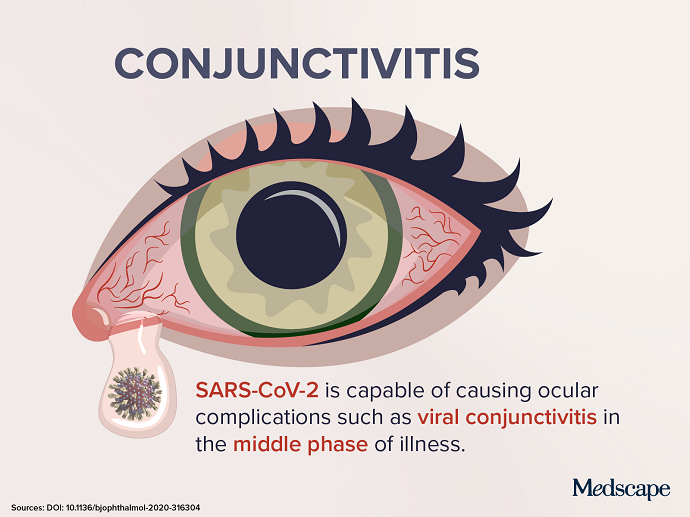COVID 19 thread:
Possibility of long term complications is real, yet another reason why young, healthy folks shouldn't underestimate the burden of even a mild course of illness
"Dr. Marco Rizzi in Bergamo, Italy, an early epicenter of the pandemic, said the Giovanni XXIII Hospital has seen close to 600 COVID-19 patients for follow-up. About 30% have lung issues, 10% have neurological problems, 10% have heart issues and
about 9% have lingering motor skill problems."
"On a global level, nobody knows how many will still need checks and treatment in three months, six months, a year," Rizzi said, adding that even those with mild COVID-19 "may have consequences in the future."
-Medscape, Aug 03
"On a global level, nobody knows how many will still need checks and treatment in three months, six months, a year," Rizzi said, adding that even those with mild COVID-19 "may have consequences in the future."
-Medscape, Aug 03
NIH study on decontamination methods of N95 respirator masks:
-The researchers found that masks that had been decontaminated with ethanol spray did not function effectively after decontamination, and they did not recommend use of that method.
-The researchers found that masks that had been decontaminated with ethanol spray did not function effectively after decontamination, and they did not recommend use of that method.
-By contrast, masks decontaminated with UV and VHP could be used up to three times and function properly. Masks decontaminated with dry heat could be used two times before function declined.
-The time needed for decontamination varied. VHP was the quickest, requiring 10 minutes. Dry heat (70° C) and UV light each required approximately 60 minutes.
Clinical pearls and weird ways COVID might present
As COVID-19 is a novel disease, there are few reports of neurologic sequelae.
To date, one case of COVID-19-associated acute hemorrhagic necrotizing encephalopathy has been reported,
As COVID-19 is a novel disease, there are few reports of neurologic sequelae.
To date, one case of COVID-19-associated acute hemorrhagic necrotizing encephalopathy has been reported,
with a pattern of predominantly thalamic
involvement that is characteristic of acute necrotizing encephalopathy (ANE) associated with other viral illnesses.
involvement that is characteristic of acute necrotizing encephalopathy (ANE) associated with other viral illnesses.
-Given anecdotal reports of COVID-19 patients presenting with severe hypoxemia seemingly out of proportion to
their relatively well-preserved lung mechanics and overall clinical appearance,
their relatively well-preserved lung mechanics and overall clinical appearance,
it may be possible that these patients could endure severe enough hypoxia to cause hypoxic brain injury in the absence of cardiopulmonary arrest.
-American Academy of Neurology
-American Academy of Neurology
Cutaneous Clues Linked to COVID-19 Coagulation Risk
"The findings suggest that clinicians caring for patients with COVID-19 should be aware of livedoid and purpuric rashes as potential manifestations of an underlying hypercoagulable state," the authors note.
"The findings suggest that clinicians caring for patients with COVID-19 should be aware of livedoid and purpuric rashes as potential manifestations of an underlying hypercoagulable state," the authors note.
"If these skin findings are identified, a skin biopsy should be considered because the result may guide anticoagulation management."
-Medscape
-Medscape

 Read on Twitter
Read on Twitter